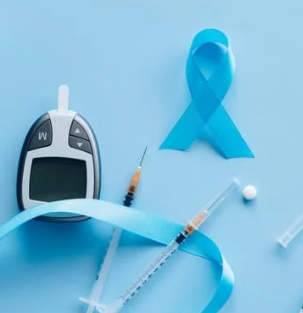Even as some health centers and primary care associations are feeling inundated with data, experts say they need to squeeze all the intelligence they can from small data sets before moving on to larger projects.
In a recent post in The Health Care Blog, consultants David C. Kibbe, M.D., and Vince Kuraitis recommended that providers concentrate on the clinical data already available to them in digitized form, and use only those health IT tools that are directly applicable to care management.
Big data analytics, on the other hand, attempts to parse mounds of data from many disparate sources to discover patterns that could be useful in problem solving. For example, researchers are employing the big data approach to study genetic and environmental factors in multiple sclerosis.
Big or small, healthcare analytics is a growth business.
Frost & Sullivan projects that half of hospitals will be using advanced analytics software by 2016, compared to 10 percent today.
“Big data starts with small data,” said David Blumenthal, former head of the Office of the National Coordinate of health IT in an interview with InformationWeek Healthcare.“ As we have more information on health and disease and the patterns of care ... it will enable us to do studies faster and more efficiently.”
RELATED POSTS:
Big Data Puts PCAs in a Position of Power
CHC Roundup: Funding for Data-Driven Community Health Initiatives, Jobs and More
Azara Glossary: Data Validation
You know what they say-- it's not about how big your data is, but how it's used!
Related Articles

Socioeconomic Status, Access, and Control: Rethinking Diabetes Outcomes
Explore Insights
Navigating the Social Care Landscape: Five Lightbulb Moments from the SIREN National Research Meeting
Explore Insights
